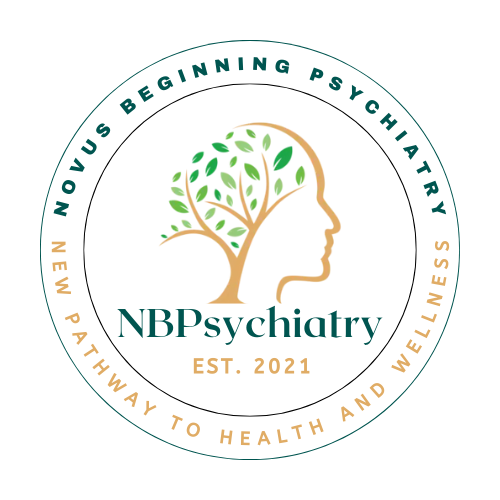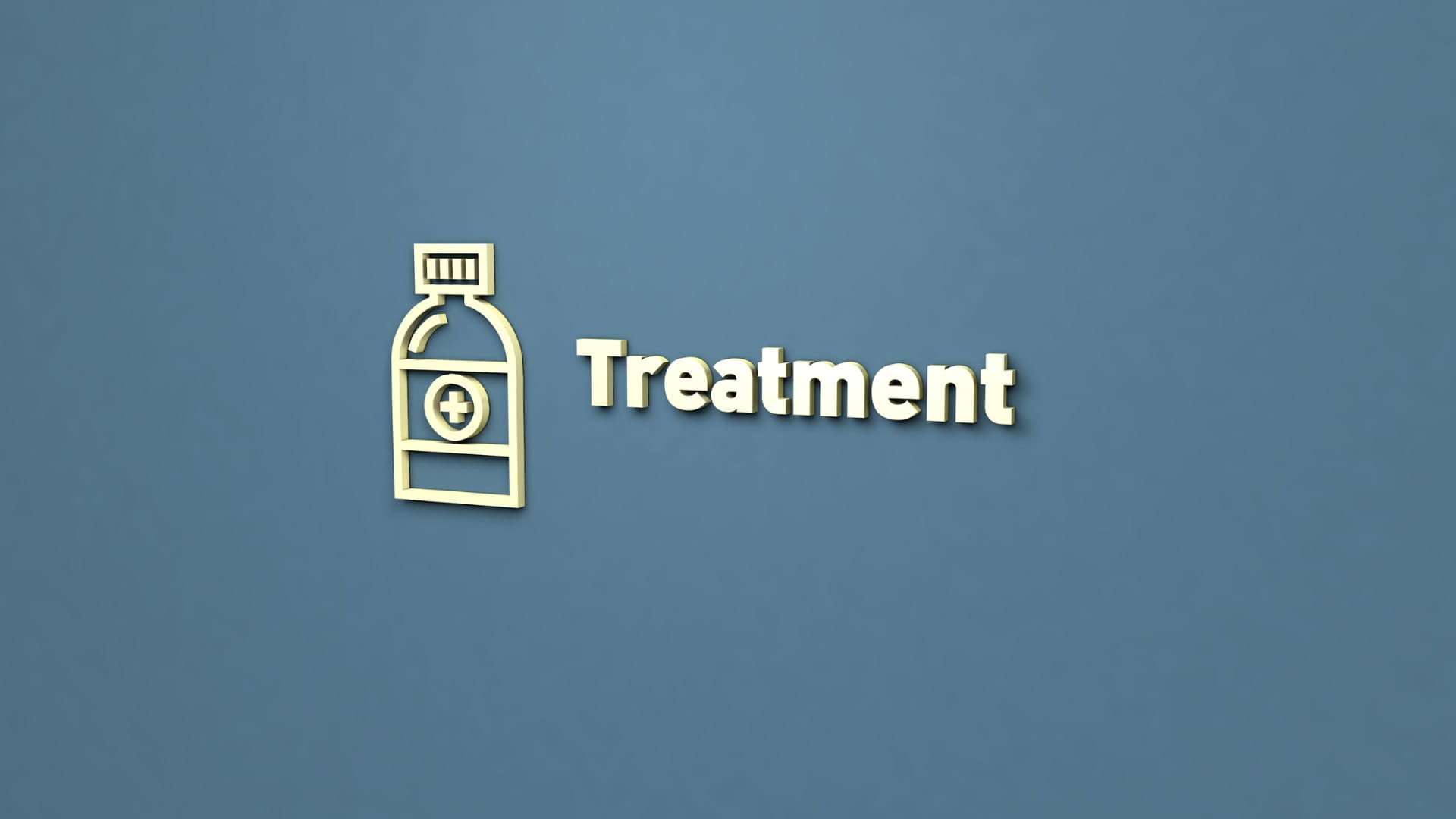Obsessive-Compulsive Disorder (OCD)
OCD is a psychological disorder in which people experience recurring, unwanted thoughts, ideas, or feelings (obsessions). They feel compelled to perform something repeatedly to get rid of the thoughts (compulsions). Repetitive behaviors like hand washing, cleaning and checking on objects, and other psychological acts and activities are a persistent mark of the obsessive-compulsive disorder.
Many individuals who do not have OCD also experience upsetting thoughts or repetitive activities. However, OCD patients have inflexible actions and intrusive, recurring thoughts. When the behaviors are not carried out, they frequently generate a tremendous amount of distress, which is frequently accompanied by a particular fear of terrible consequences. Many OCD sufferers are caught in a cycle of recurrent obsessions and compulsions.
OCD Obsessions:
People who have OCD experience distressing and repeated cravings that are beyond their control. Obsessions are persistent thoughts, impulses, or images that bring on unpleasant feelings like fear, revulsion, or worry. Many OCD patients are aware of psychotherapy that these thoughts and behaviors are excessive or irrational and are the result of their minds. However, logic or reasoning is unable to alleviate the discomfort brought on by these intrusive thoughts.
Examples of typical obsessional thinking topics:
- Fear of misplacing or ignoring something crucial
- The Fear of germs or dirt.
- Fear of engaging in violence or experiencing damage (to self or loved ones)
- Extreme anxiety about symmetry, accuracy, or order
- Fear of environmental or human contamination
- Heightened worry that something is incomplete
OCD Compulsions
People with OCD use certain behaviors, habits, or routines to manage their obsessions and anxieties. They keep doing it repeatedly. They don’t like and don’t want to engage in these obsessive activities. However, they feel that their anxiety will get worse if they don’t follow along. But compulsions are just a temporary solution. The compulsions quickly recur in response to the obsessions. This loop causes this cycle of worry.
Compulsions involve excessive responses in ways that are directly connected to an obsession or wholly unrelated behaviors. In the worst cases, a day could be filled with repeated routines, making it hard to go about your daily routine.
Examples of compulsions:
- Placing or arranging objects in a specific order
- Repeated cleaning of household items
- Checking doors, switches, stove, locks, etc, repeatedly
- Excessive hand washing, bathing, or using the restroom
- Avoiding specific individuals, places, or circumstances that make their obsessions and/or compulsions worse
- Collecting goods that are worthless (in terms of intrinsic value)
- Refusing to shake hands or touch items
People with OCD may also have tics, which include quick, abrupt, and repeated motions or behaviors like:
- Blinking their eyes
- Jerking their head
- Sniffling their nose or clearing their throat
How is obsessive-compulsive disorder (OCD) diagnosed?
The following elements are used to diagnose OCD:
- The person suffers from compulsions, obsessions, or both
- The compulsions or obsessions consume a great deal of time per day
- The obsessions or compulsions interfere with a person’s normal life
- Drugs, alcohol, prescription medicines, or any other medical condition do not produce the same symptoms
- There is no other psychological disorder that can explain the symptom
What treatments are available for obsessive-compulsive disorder (OCD)?
Patients with OCD who get effective therapy frequently report an improvement in functioning and quality of life. Through treatment, the ability of individuals increased to perform at work and school, enjoy relationships, and engage in leisure activities.
Cognitive Behavioral Therapy:
During CBT therapy sessions, patients are exposed to feared scenarios or images that are related to their obsessions. Patients are advised to avoid performing their typical obsessive habit (known as response prevention). By staying in a feared situation without anything bad happening, patients learn that their afraid ideas are merely thoughts.
Medication:
A type of medication known as selective serotonin reuptake inhibitors (SSRIs) or tricyclic antidepressants are typically used to treat depression and can also be beneficial in treating OCD. They increase levels of serotonin.
Exposure and response prevention (EX/RP):
With this therapy, patient engage in an anxiety-provoking activity. The medical professional then stops you from responding with a compulsion. For instance, the service provider can invite you to touch something dirty and then stop you from washing your hands afterward, helping you break the cycle of obsessive behaviors.
Electroconvulsive therapy (ECT):
Electroconvulsive therapy (ECT) involves placing electrodes on your head to deliver controlled electrical shocks to the brain. These shocks induce small seizures, which help in releasing brain chemicals that can alleviate symptoms of OCD.




